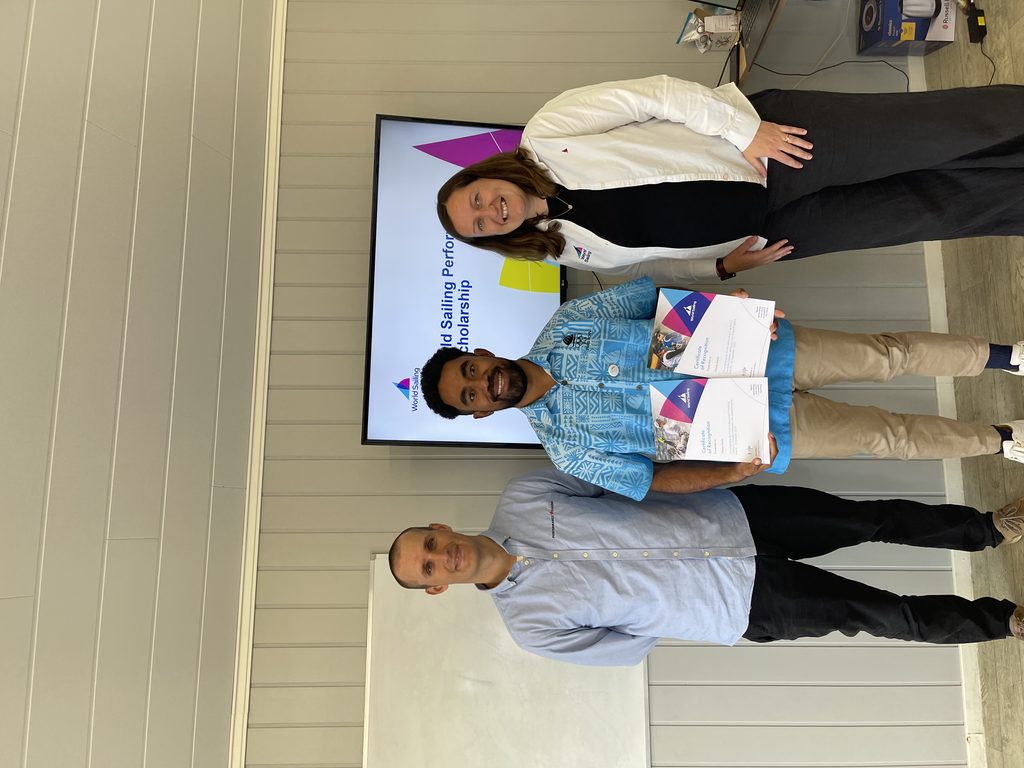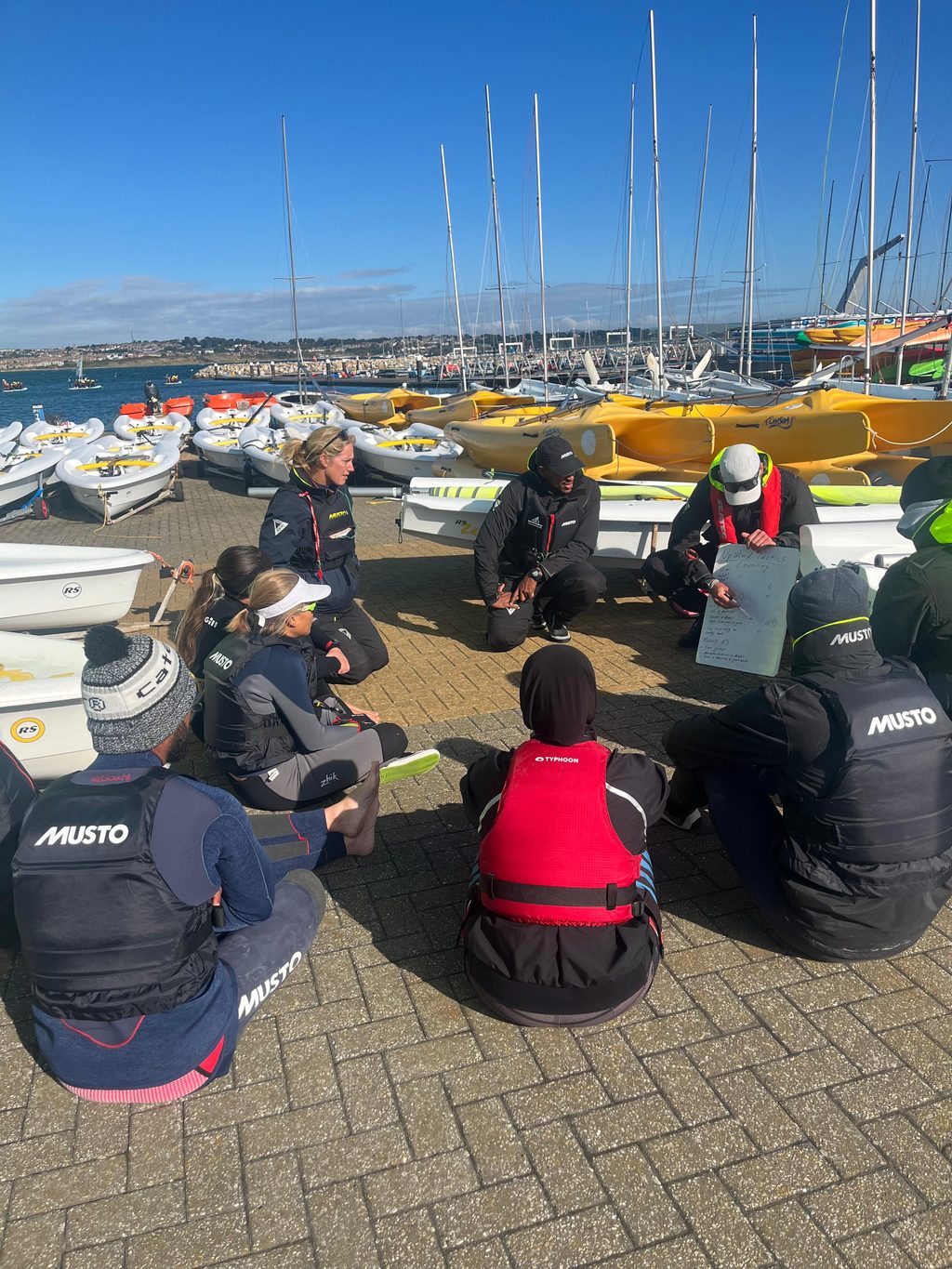FIJI coach-athlete Viliame “Vili” Ratulu has completed World Sailing’s 2025 Technical Coaching Course Level 2 & 3 held in Weymouth, United Kingdom from September 16 to October 11.
Vili received support from Olympic Solidarity’s Coaching Scholarship program and was one of 12 participants. His final presentation set out his priorities for growing the sport at home and strengthening Fiji’s performance pathway.
Representing the Fiji Yachting Association, Ratulu framed his goal simply: to ignite sailing culture in Fiji, remind the country of its maritime identity and fill a gap in youth development through the sport.
In his presentation, Ratulu said the scholarship reshaped how he will run training sessions when he returns home.
He emphasised engaging athletes in session planning and goal-setting and differentiating coaching to match each sailor’s potential so they can reach their goals.
A key lesson, he said, was understanding how a coach can influence young people well beyond competition, offering pathways to become “a better someone one day” in sport and in life.
An approach he intends to apply not only with athletes but also with peers who may have stepped away from their dreams.
On the water, Ratulu intends to shift focus toward “racing mode”, not simply finishing races but finishing well.
That includes sharper execution at the start, improved tacks and gybes, efficient mark roundings, sustained boat speed and better reading of wind shifts.
He outlined a structured approach to session design that centres athlete needs, while keeping training engaging and process-focused, using a Plan–Teach–Brief–Do–Review cycle.
Ratulu also highlighted social and leadership responsibilities.
Communication and trust, he said, are central to effective coaching.
One past challenge has been earning parents’ confidence amid concerns about drugs and negative peer groups; with stronger leadership tools, he believes he can “fill the vacuum” in young athletes’ lives so there is less room for unhelpful influences.
He plans to share his learnings with fellow coaches by setting shared goals, listening first, then exchanging knowledge and reviewing progress together.
Ratulu described how the four-week course broadened his perspective from grassroots through high performance.
He expects tangible changes in his sessions, from how feedback is given and gathered to how beginners are engaged in activities, reflecting a belief that good coaching can improve performance and support life skills at the same time.
Looking ahead 12–24 months, his development plan starts with rebuilding a strong grassroots foundation so the “pyramid” can grow sustainably.
Performance targets include qualifying two female and two male sailors in ILCA 4 for the Australian and New Zealand nationals and transitioning two female sailors to ILCA 6 by 2027 to contend at the Pacific Games.
Closing his presentation, Ratulu thanked his cohort, “strangers” who became a “sailing family” and shared a guiding maxim: you cannot change conditions on the water, but you can adjust your sails.
Vili Ratulu with his coaching certificate attained in England earlier this month. Picture: SUPPLIED



